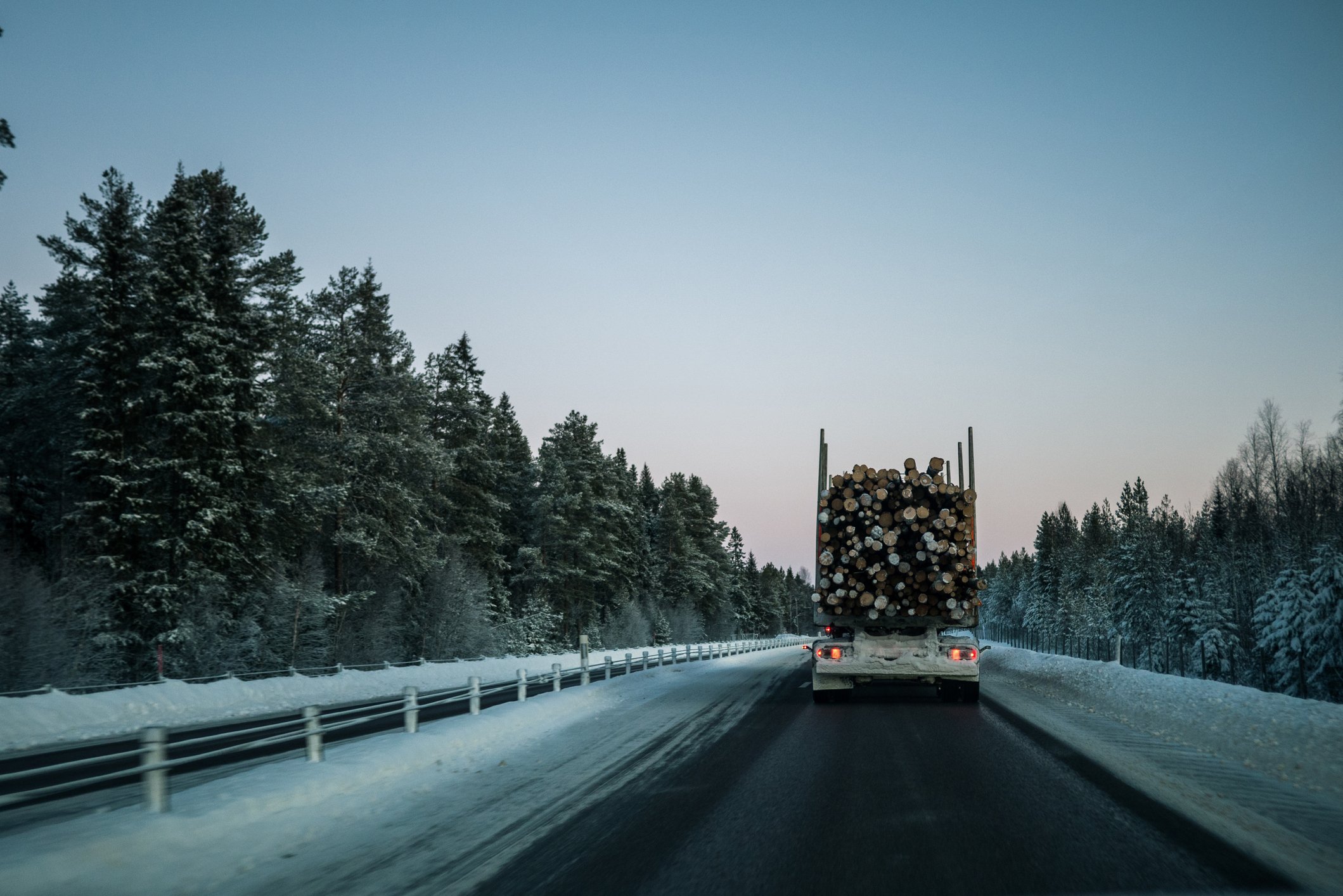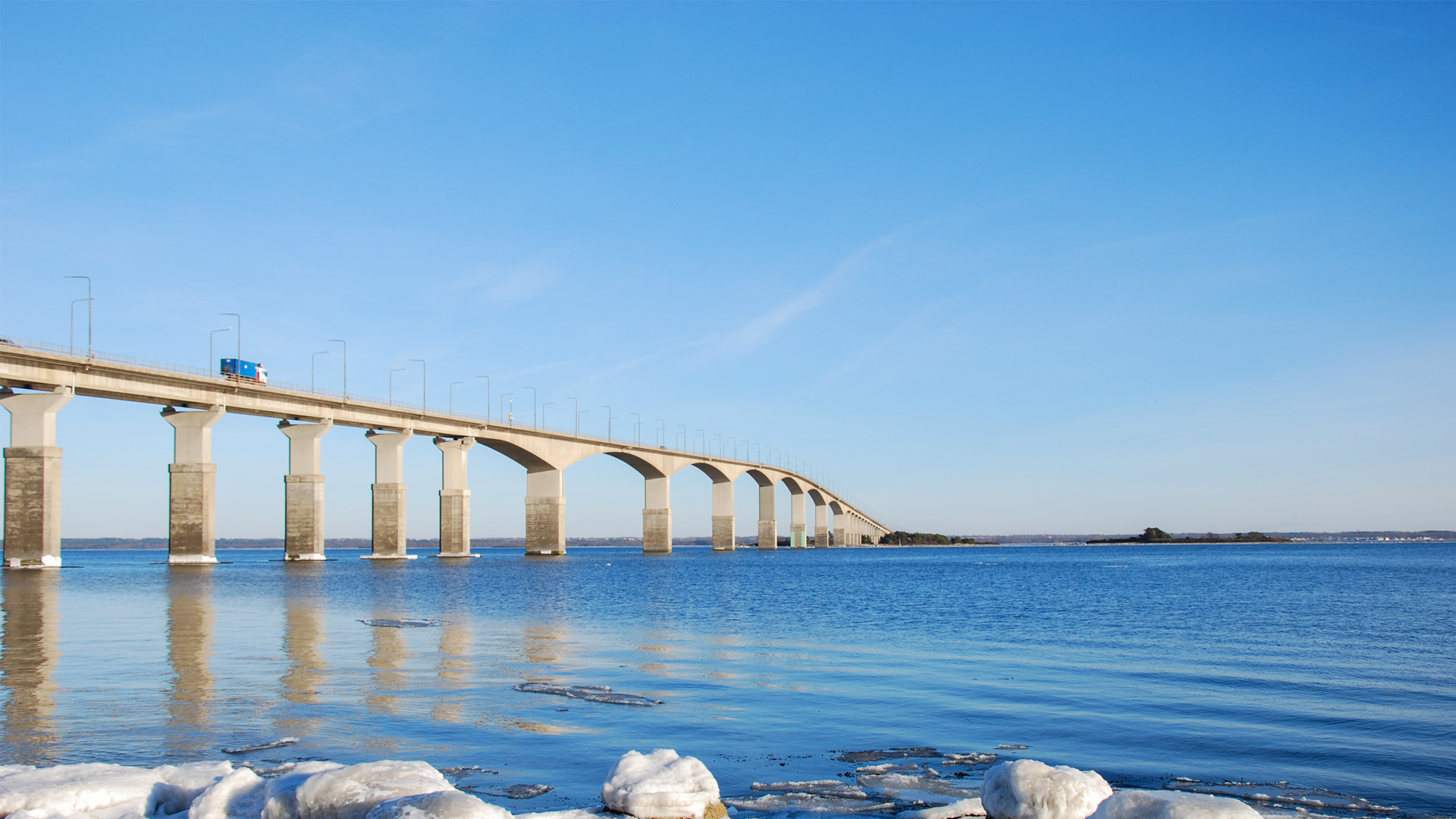Sustainable Transport Not Just About Fuel Consumption
Focus has long been on the transport industry when it comes to its impact on the environment and climate. In recent years, advancements in technology have produced increasingly fuel-efficient, eco-friendly engines. At the same time, drivers are encouraged to adopt driving styles that minimise fuel consumption and thereby reduce both environmental impact and fuel costs. You may think it’s just about the fuel, but the issue of sustainability in the industry goes far beyond that.
Sustainable consumption
For individuals and companies alike, sustainability is now ever present in our collective consciousness and more and more people are making active choices for the environment and climate. Consumption patterns have shifted from the throw-away culture of the late 20th century towards purposeful, long-term and sustainable consumption. It is no coincidence that second-hand boutiques are booming and that jeans stores often provide a service to repair torn jeans or even allow you to trade in your old jeans when buying new ones. And nor is it a coincidence that an increasing number of consumers are choosing – for environmental reasons – high-quality products with very long service lives. Certainly more expensive to purchase, but cheaper in the long run and with less adverse environmental impact. It all has to do with increasing product lifespans for the good of the environment – and our wallets.
And we should reason in precisely the same way when it comes to transport vehicles.
longer product life reduces environmental impact
High-quality vehicles and equipment last longer. And with the increased service life comes a reduced need for new production, which both saves costs and is kinder to the environment. This is also very relevant to coupling equipment, which is subjected to high stresses and high wear.
VBG products are developed and manufactured with the highest quality – both in terms of function and materials. That’s why VBG’s products have such long service lives and ultimately entail a low total cost of ownership. The high quality pays off in the long run, both for the vehicle owner and the environment.
Quality with responsibility for both customers and environment
What do we mean by quality and how does it affect service life? Here at VBG, quality is a broad concept that not only encompasses the product itself, but also its function, appearance and all the peripheral services required to optimise usage and costs over the lifespan of the product. Let’s take look at a few details that many don’t pay any attention to, but which still have a major impact on a product’s service life – and are kind to the environment:
Surface finishing. While many manufacturers opt for simple (and therefore cheaper) surface finishing, we have chosen a unique, advanced surface finish for our products. VBG’s surface finish has greater resistance to wear and damage to the surface layer. This, in turn, prevents corrosion and increases the service life. The advanced surface finish also lasts much longer. The fact that equipment looks good also adds value, especially on the pre-owned market.
Bolts instead of welds. VBG drawbars are not welded, but are fitted with bolted joints. This makes the drawbar a flexible solution that can be modified if necessary, but this can also extend the product lifespan: If the drawbar is resold, the new owner may have different needs or preferences. The drawbar can then be modified and used instead of being scrapped and replaced.
New production – the first link in the chain must also be sustainable
Reducing the use of fossil fuels remains a key issue, but even if all freight vehicles were electric, we must think sustainably. No matter whether its diesel or electricity, new vehicles and new equipment must still be made, and production is both energy intensive and impacts the environment.
VBG takes sustainability seriously and has established challenging targets to reduce energy consumption and waste. CO2 emissions are also now being reported in order to set relevant targets.
We take responsibility for reducing the footprint we leave as a result of our production, but we believe and hope that we also contribute in a completely different way: By supplying products with such high quality and long service lives that new production is reduced.
Recommended reading

The year in review on The Strong Connection – 3 articles setting the tone for 2026

Efficiency, Safety, and Sustainable Transport – Top 5 Articles and Insights of 2024

